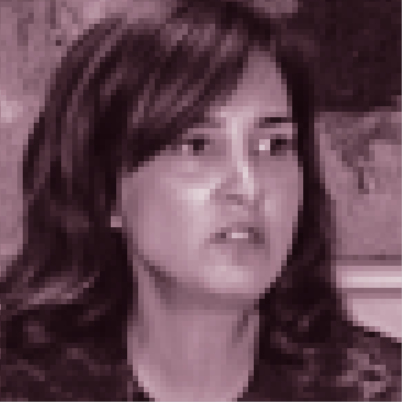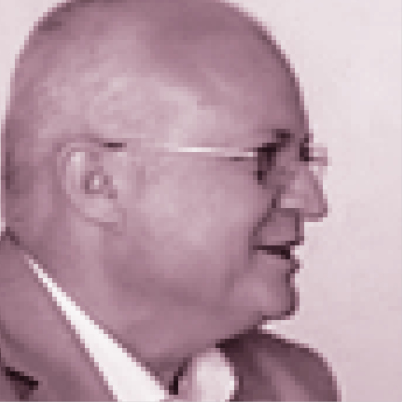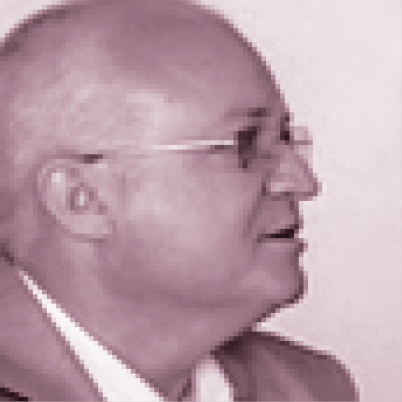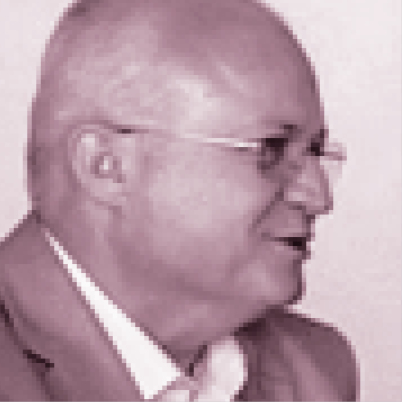It even entered Turkey’s Constitution.
So it did. Yes. But it has no impact; it can’t even convene its members. And aside from Turkish Business and Industry Association (TÜSİAD) and TOBB, there are numerous representative bodies, like the Independent Industrialists’ and Businessmen’s Association (MÜSİAD) and the Turkish Enterprise and Business Confederation (TÜRKONFED); which ones are you going to invite to the Economic and Social Council? The same problem exists among labor unions, and in government. The prime minister has two or three ministers responsible for the economy, and at times they barely talk to one another. They even avoid sitting at the same table. So we always come up against this social problem one way or the other. The Economic and Social Council was hindered by fragmentation, polarization, and intolerance of different views. But business can’t be blamed for not trying; it has tried harder than any other segment of society, and I can say this categorically.
I still believe there’s room for optimism. I also think it’s unfair to burden business with the task of discussing such sensitive issues. But there are more technical topics that directly interest business. Talk to economists in Turkey, for instance, and they all say reform is needed. Structural reforms. These are long-term reforms; if you press the button today, you might get results some 20 years down the line. If only we had done this in 2002, 15 years ago.
Yes. We’d be reaping the fruits today.
So, if not business, who’s going to make this criticism: academics or economists? No one listens to them. Consequently, a huge opportunity is missed. We’ve lost 15 years. Perhaps if we did it today, it might benefit this government in 10 years’ time. In any case, we can’t defer the problem to the coming generation because of politics today. It's a technical debate, and economists would be the right ones to lead it. Everyone could be invited. Academia can’t be the organizer, nor can politicians, but business could host it. So what are we going to say to politicians? We’re going to say, “Carry out structural reforms.” They’ll reply, in all probability, “Find the right people, let them write it up, bring it to us, and we’ll do it.” Honestly, I don’t think they appreciate the urgency of the matter, either.
No, Professor Çarkoğlu, quite the opposite. They’re telling us, “You don’t understand; we do.” I can show you enough reports to fill a bookshelf, reports where business demands structural reform. None were ever taken into account. Why should they? They’ll cheer you on when they’re in the opposition: “Yes, reforms are essential, that’s what Turkish Business and Industry Association (TÜSİAD) says!” But the moment they come to power they say, “Mind your own business, stay out of ours!” What I mean is, if a mechanism like the Economic and Social Council had actually worked, if there had been a mechanism of debate, or better, a mechanism for consensus as you’ve just mentioned, it might have had more of an impact. Even in an advisory capacity, consensus on a given issue would be announced, there would be a record, and the public could weigh in. But TÜSİAD and a couple of similar associations found no allies in this effort for years.
Under the circumstances, the only instrument we had was to make the headlines and draw attention through the media, to create public opinion in the hope that it would put some pressure on government and make them listen. Naturally, that backfires. We’re asked why we criticize them publicly. They always say: “We’re ready to listen to you; our door’s open, but don’t speak publicly, don’t speak out in the open.” Which means that instrument’s also taken away, so there’s nothing left. Institutions similar to Turkish Business and Industry Association (TÜSİAD) in the West – the German BDI, the British CBI, or the French MEDEF – function very differently and have a completely different impact. They’re prestigious, their announcements and publications are met with respect. Sadly, it’s quite different here. Consequently, government-business relations flounder.
Just a little note; I checked a number of surveys on confidence in Turkish Business and Industry Association (TÜSİAD) and the business world before coming here. Confidence was highest in 1996. At the moment it’s down to 50 percent. The trend is downward. So something has to be done, I guess.
Absolutely; otherwise we’ll be sinking fast.
I studied examples of economic and social councils (ESCs) in different parts of the world. These councils, which boast a multitude of members, don’t seem to be functioning very well anywhere these days. In fact, developments in Europe, the homeland of ESCs, are quite similar to those in Turkey. Although the ESC entered Turkey’s Constitution in 2010, it hasn’t been able to convene since 2009. When it did, it was to no great effect. The situation is similar in Europe.
Europe’s ESC entered the European Constitution after the 2007 Lisbon Treaty. Even though it had existed since 1957, it was given a more official nature in the 1990s. Quite surprisingly, however, its influence began dwindling in Europe and on a national level. Now it’s thought to be defunct in many countries. Looking at countries where ESCs have more impact, one sees they have fewer participants, clearly defined roles, a focus on very specific subjects and issues, and strict regulations to define participation. Some of them are exclusively private initiatives, without any government participation.
In the Netherlands, the council has 33 members: 11, 11 and 11. The first two groups of 11 are easy to guess: labor and business. The final 11 are known as “crown members”: They’re not politicians, they’re independent experts. There’s the head of the Central Bank, for example. The head of the Central Bank is an institutional member. Ministers and bureaucrats become members by invitation only. In Austria, I believe there are 21 members; it’s a smaller, private-sector initiative, and totally independent. Because of the highly important nature of the matters on their agendas, state officials are obliged to attend their regular meetings.
The council in France has 189 members; so it’s big and has a very broad participation base. The state’s role in France is very similar to Turkey’s. In countries with similar state roles, bureaucratic traditions, and centralized governments, ESCs have failed to resist globalization and multinationalism, even in member countries of the EU. Paradoxically, despite having functioned well in the 1980s and 1990s and contributing to the establishment of supranational organs and institutions, European ESCs lost their influence when the EU became the real EU.
Spain’s ESC convenes quite regularly. The private sector is represented by an umbrella organization they established in 1977, when the Constitution was being drafted. Of course, it may contain lots of factions, but it still participates as a single platform.
Perhaps the thing to do in Turkey is to establish such a platform in the business world first, and then establish relationships with organizations from other segments of civil society.
Even without the state.









